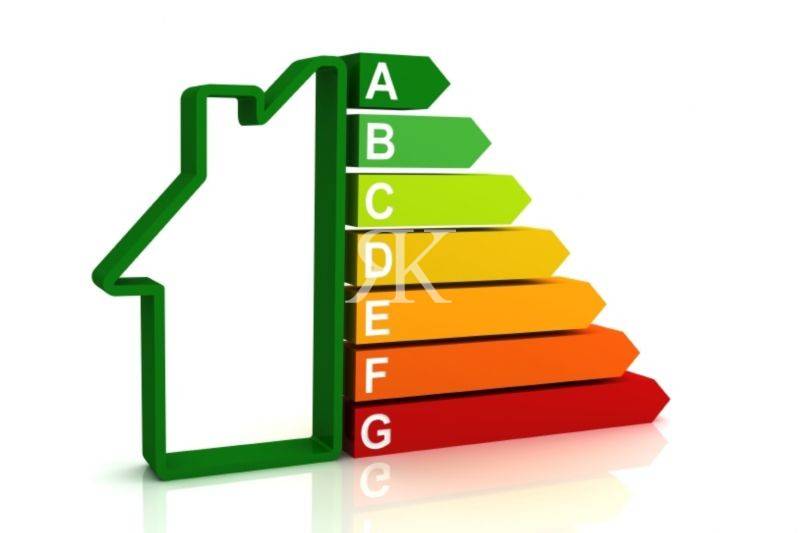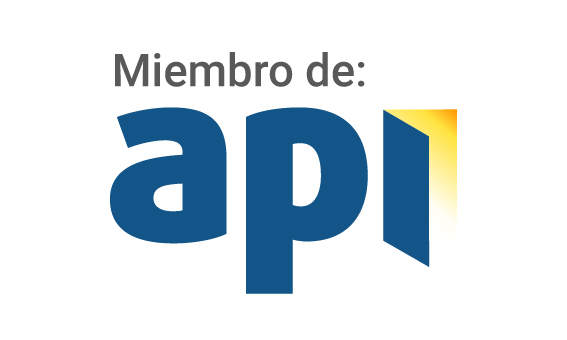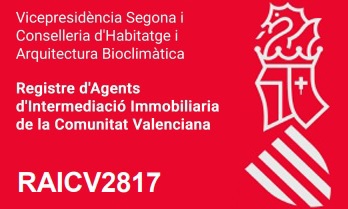
The New Energy Certification Law in the European Union: A Specific Requirement for Home Sales
Introduction
Starting in 2024, the European Union (EU) has implemented a new regulation requiring homes for sale to meet specific energy standards. This measure is part of the European Green Deal and the "Fit for 55" package aimed at reducing carbon emissions and improving energy efficiency across the continent. Here’s what you need to know about this new law and how it might affect you if you plan to sell your home.
What is the Energy Certificate?
The energy certificate is an official document that evaluates and rates the energy efficiency of a property. This certificate is essential for informing potential buyers about the energy consumption and carbon dioxide (CO2) emissions of the home. Ratings range from A (most efficient) to G (least efficient).
Requirements of the New Law
The updated EU regulation introduces several significant changes:
- Mandatory Specific Certificate: It is now not only necessary to have an energy certificate, but it must also show that the home meets a minimum energy efficiency rating. This varies by member state, but generally, homes are expected to achieve at least an E rating to be eligible for sale.
- Mandatory Improvements: If a home does not meet the minimum required rating, the owner must undertake energy efficiency improvements before the property can be sold. This may include upgrading heating and cooling systems, installing high-efficiency windows, and improving insulation.
- Transparency and Registration: Energy certificates must be presented at the beginning of the sales process and registered with the competent authority in each country. This registration ensures compliance with new quality and accuracy standards.
- Sanctions and Compliance: Owners attempting to sell their property without the appropriate certificate may face significant financial penalties. Additionally, fraudulent or inaccurate certificates will also be subject to fines.
Benefits of the New Regulation
Implementing this regulation has multiple benefits:
- Reduced Energy Costs: More energy-efficient homes consume less energy, resulting in lower utility bills for new owners.
- Increased Property Value: Homes with better energy ratings are more attractive in the market, potentially increasing their value and facilitating their sale.
- Positive Environmental Impact: Promoting energy efficiency helps reduce the carbon footprint of homes, contributing to the EU’s climate goals.
- Improved Quality of Life: Energy-efficient homes are generally more comfortable, with more stable temperatures and better indoor air quality.
Steps to Obtain an Energy Certificate
To comply with the new regulation and obtain the specific energy certificate, follow these steps:
- Hire a Certified Technician: It is necessary to hire a competent and accredited technician to perform the energy assessment of the home.
- Conduct the Inspection: The technician will evaluate all relevant aspects of the property, including insulation, heating and cooling systems, and windows.
- Implement Improvements: If the energy rating does not meet the minimum requirement, the recommended improvements must be carried out by the technician.
- Obtain and Register the Certificate: Once the improvements are made, the technician will issue the energy certificate, which must then be registered with the competent authority in your country.
Conclusion
The new EU energy certification law is an important step towards a more sustainable and energy-efficient future. If you are considering selling your home, it is crucial to ensure that you comply with these new requirements to avoid legal issues and take advantage of the benefits of an energy-efficient property
















